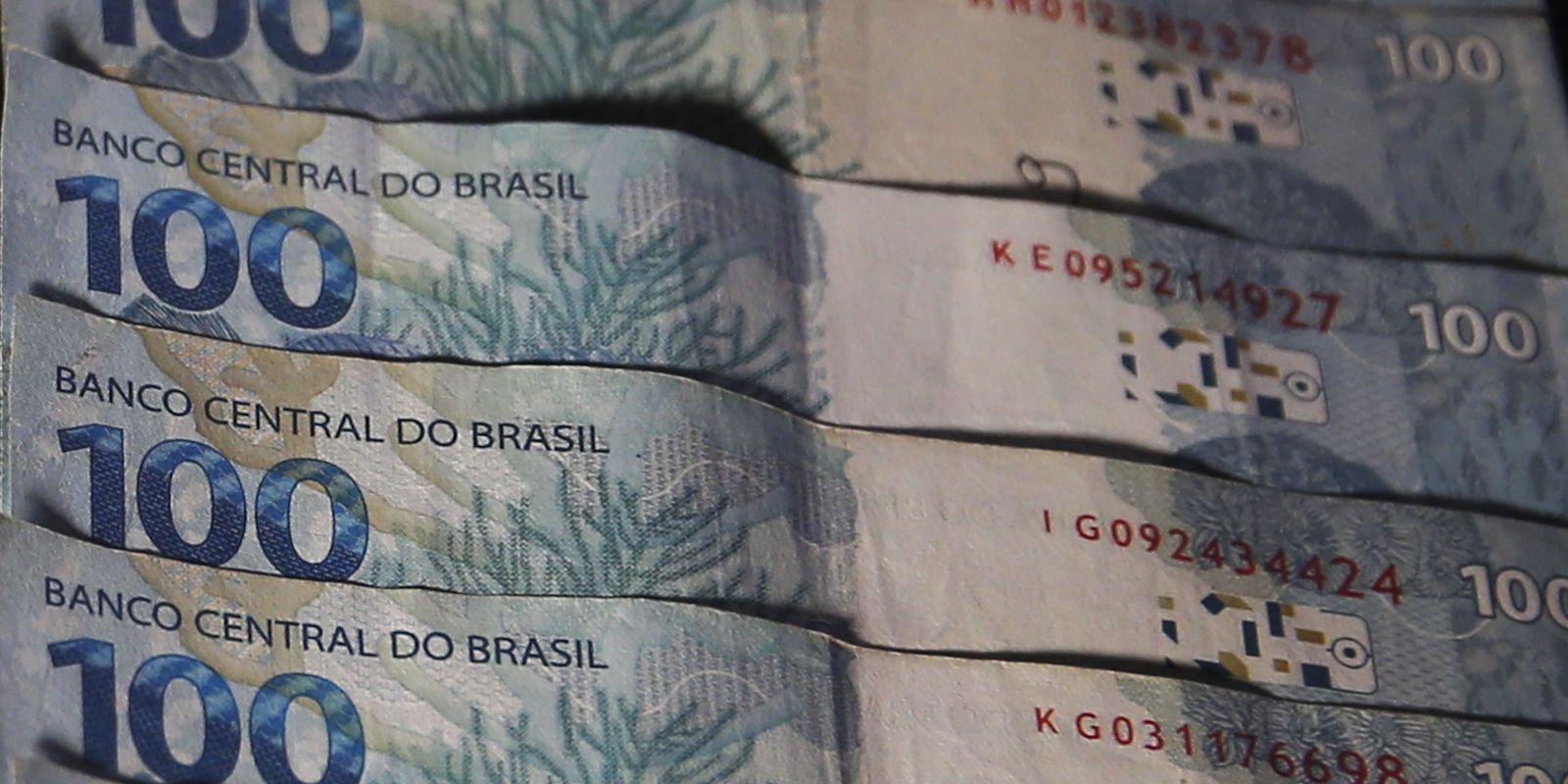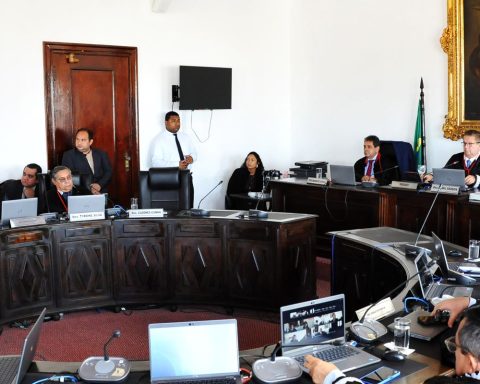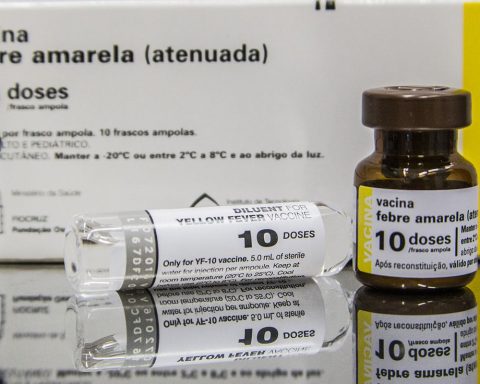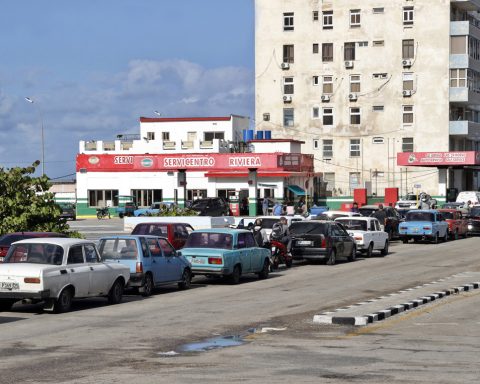The risk rating agency Moody’s raised the rating of Brazilian public debt, with positive perspectives, with chances of a new increase in the coming months. The decision was announced late this Tuesday afternoon (1st).
The country’s rating rose from Ba2, two levels below investment grade, to Ba1, one level below that category. The investment grade represents the guarantee that the country is not at risk of defaulting on its public debt.
In its statement, the agency mentioned the significant improvement in the country’s credit, which is due to the robust growth of the economy and recent economic and fiscal reforms. Moody’s highlighted the relevance of the commitment to fiscal targets and the stabilization trajectory of public debt in relation to Gross Domestic Product (GDP).
Among the most important reforms, Moody’s highlighted tax reform. According to the agency, the new system will improve the business environment and resource allocation, increasing long-term growth potential. Moody’s also mentioned the energy transition agenda to attract private investment and reduce the country’s vulnerability to climate shocks.
Regarding public accounts, the statement said that Moody’s expects a gradual improvement in the government’s primary results over the next three years. The agency is based on efforts to increase revenue, mainly through collection measures from the richest classes, and on expenditure review initiatives.
Despite public debt and high interest rates, Moody’s highlighted that Brazil has significant liquid assets. Since 2006, the country has been an external creditor, with international reserves exceeding external debt. The agency also highlighted that the Brazilian government finances itself mainly in local currency in the domestic market, instead of seeking foreign currency in the international market.
Effort
In a statement, the Ministry of Finance informed that the government is committed to improving public accounts, striving to increase revenue and contain expenses. “In addition to stabilizing the debt/GDP ratio, a more robust fiscal balance will contribute to reducing interest rates and improving credit conditions, creating a favorable environment for the expansion of public and private investments”, highlighted the ministry.
Since the beginning of 2017, Moody’s has classified the country two levels below investment grade. The rating is better than that of other agencies. In July 2023, Fitch raised the Brazilian rating to two levels below investment grade. In December last year, S&P Global also raised the country’s rating to two levels below investment grade.

















